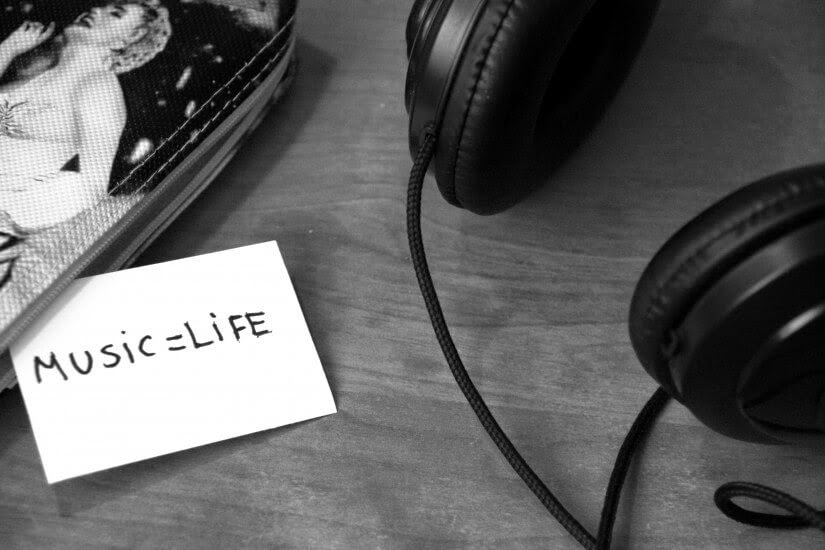For people with mobility and financial problems who have to adapt their home to create a workable environment, life can be very difficult. On a tight budget what can you do if you need your bathroom or kitchen structurally changed?
Get help
Firstly you need to look into any possible help that you may be able to get in the way of grants or interest free loans. Contact your local Housing or Environmental Health departments. They will be able to tell you if it is possible to put in an application. Depending on your circumstances and that does not mean your savings; they may be able to help.
It may take a little time but someone will come round and assess your situation and possible needs. By law they have to give you an answer within a specific time-frame. If you have a citizen’s advice bureau they may also be able to put you in touch with help organisations or trustworthy loan offers.
Never agree to anything until you have had time to consider, read all the paperwork, get more than one person’s advice and try to meet others who have been through what you are about to do. You may already be a member of local societies dealing with the range of disabilities that you are experiencing. In that case they should be able to help you with advice if not actually getting physically involved. If you are ex-service personnel then people like the Royal British Legion in Britain and similar services in other countries will actively try to support you.
Use professionals
Having got to a point where you are going ahead with adapting say your bathroom and have decided that a walk in bath or shower with its 34 inches of combined safety and comfort will fit well into your tiny room, make sure that you speak to professionals. Many of them operate within a range of budgets and it’s best to have any changes made to a high standard and pay a little more for the reassurance.
Rearrange your home
Could you move your bedroom downstairs, rather than find solutions for getting up there? Could you re- arrange your kitchen so that most of the essentials are within easy reach of a custom chair? You don’t have to buy expensive units when simple adaptions can be made to existing items.
Sit in each room with a pad and pen and ponder what would be good for you in each. Write your ideas down, put the kettle on and consider if it is possible to do changes within your budget. Start with the most important necessities and then see what room is left in your budget for other changes you’d like to make.
Get help
Firstly you need to look into any possible help that you may be able to get in the way of grants or interest free loans. Contact your local Housing or Environmental Health departments. They will be able to tell you if it is possible to put in an application. Depending on your circumstances and that does not mean your savings; they may be able to help.
It may take a little time but someone will come round and assess your situation and possible needs. By law they have to give you an answer within a specific time-frame. If you have a citizen’s advice bureau they may also be able to put you in touch with help organisations or trustworthy loan offers.
Never agree to anything until you have had time to consider, read all the paperwork, get more than one person’s advice and try to meet others who have been through what you are about to do. You may already be a member of local societies dealing with the range of disabilities that you are experiencing. In that case they should be able to help you with advice if not actually getting physically involved. If you are ex-service personnel then people like the Royal British Legion in Britain and similar services in other countries will actively try to support you.
Use professionals
Having got to a point where you are going ahead with adapting say your bathroom and have decided that a walk in bath or shower with its 34 inches of combined safety and comfort will fit well into your tiny room, make sure that you speak to professionals. Many of them operate within a range of budgets and it’s best to have any changes made to a high standard and pay a little more for the reassurance.
Rearrange your home
Could you move your bedroom downstairs, rather than find solutions for getting up there? Could you re- arrange your kitchen so that most of the essentials are within easy reach of a custom chair? You don’t have to buy expensive units when simple adaptions can be made to existing items.
Sit in each room with a pad and pen and ponder what would be good for you in each. Write your ideas down, put the kettle on and consider if it is possible to do changes within your budget. Start with the most important necessities and then see what room is left in your budget for other changes you’d like to make.















